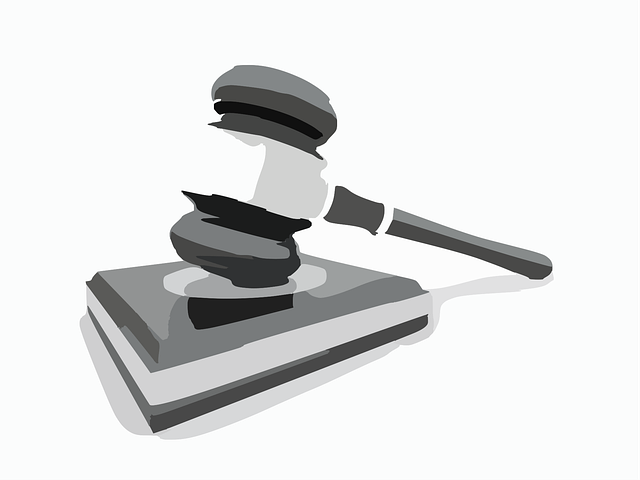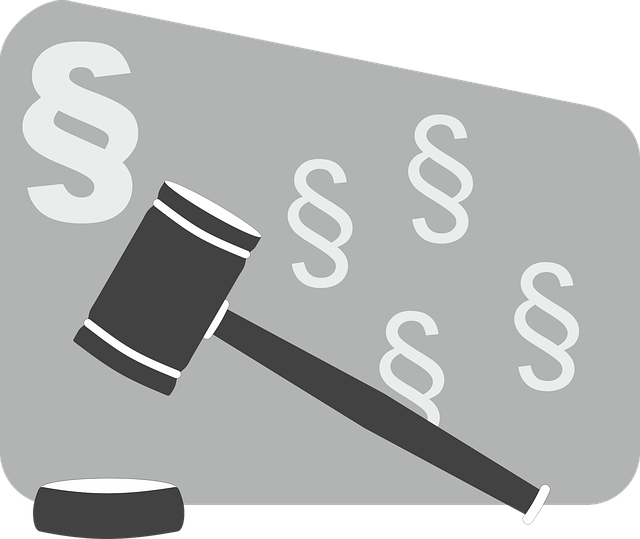Understanding Legal Rights in Property Ownership Conflicts is vital for businesses to navigate regulatory compliance. Different jurisdictions govern property types like freehold and leasehold, with complex laws protecting buyers, sellers, and stakeholders. Disputes arise from boundaries, encumbrances, record inaccuracies, and crimes, requiring a deep knowledge of contracts, regulations, and relevant laws. Proactive owners stay informed about policies, seek expert legal counsel for defense, and resolve conflicts through alternative methods like negotiation or mediation to protect their rights.
In the dynamic landscape of real estate, understanding property ownership rights is paramount. This article delves into the intricate web of legal frameworks governing transactions while shedding light on common conflicts that can arise. We explore strategies for navigating regulatory hurdles and offer insights into resolving disputes, highlighting critical aspects such as rights, remedies, and alternatives. By addressing these key areas, we aim to empower both owners and investors with knowledge, fostering a more transparent and efficient market.
- Understanding Property Ownership Rights
- Legal Framework Governing Real Estate Transactions
- Common Conflicts Arising in Property Deals
- Navigating Regulatory Hurdles for Owners
- Resolving Disputes: Alternatives and Remedies
Understanding Property Ownership Rights

Understanding property ownership rights is a critical aspect of navigating regulatory compliance issues. Legal rights in property ownership conflicts are often complex and multifaceted, involving various laws, regulations, and contractual agreements. It’s essential to recognize that these rights aren’t just about possession; they encompass a range of protections for both owners and potential stakeholders. For his clients, comprehending these intricacies can be pivotal in high-stakes cases, where every detail matters.
Different jurisdictions have distinct rules regarding property ownership, from the moment of acquisition to subsequent transfers. As such, businesses must remain vigilant in ensuring their practices align with local laws. This includes understanding various forms of ownership—such as freehold and leasehold—and the associated responsibilities and restrictions. By proactively managing these rights, respective business can mitigate risks, avoid legal disputes, and foster a more robust regulatory compliance framework.
Legal Framework Governing Real Estate Transactions

The legal framework governing real estate transactions is a complex web of regulations designed to protect the rights of both corporate and individual clients. These laws encompass a broad spectrum, from zoning ordinances that dictate land use to contracts that outline ownership transfer processes. At the heart of this framework lies the paramount interest in ensuring transparency and fairness in property ownership conflicts. The law provides mechanisms for dispute resolution, ranging from mediation to arbitration, allowing parties to navigate complexities without resorting to costly litigation.
In high-stakes cases involving significant financial implications, understanding the legal rights in property ownership conflicts becomes critical. Legal professionals play a pivotal role in guiding clients through all stages of the investigative and enforcement process, ensuring compliance with applicable laws. This meticulous approach is particularly crucial when dealing with corporate clients, as it helps mitigate risks associated with substantial real estate investments.
Common Conflicts Arising in Property Deals

In the realm of property deals, various legal rights in property ownership conflicts often arise, creating complex scenarios for both buyers and sellers. One common issue is when a transaction involves disputed boundaries or claims of encumbrances, leading to lengthy debates about who truly holds the legitimate claim over the property. These disputes can stem from historical inaccuracies in record-keeping, unclear legal descriptions, or even long-standing personal disagreements between neighbors.
Another prevalent conflict lies in the realm of white collar and economic crimes, where individuals might attempt to evade responsibilities by claiming ignorance or disputing the validity of charges. However, a thorough understanding of contractual obligations, regulatory requirements, and applicable laws is crucial to ensure a seamless transaction. For his clients, achieving a complete dismissal of all charges is not always feasible, especially when evidence points towards deliberate non-compliance or fraudulent activities.
Navigating Regulatory Hurdles for Owners

Navigating complex regulatory hurdles is a significant challenge for property owners, especially when grappling with legal rights in property ownership conflicts. These issues can arise from various sources, including local zoning laws, environmental regulations, and industry-specific standards. Owners must stay informed about evolving policies to ensure their properties remain compliant and avoid costly legal battles. A proactive approach involves seeking counsel from experts in white collar defense, who can guide them through the intricacies of regulatory compliance.
By understanding their rights and responsibilities, owners can better protect themselves against unfair practices or enforcement actions. Winning challenging defense verdicts across the country underscores the importance of robust legal representation in navigating these complexities. This ensures that property owners’ interests are defended effectively, fostering a fair and balanced regulatory environment.
Resolving Disputes: Alternatives and Remedies

When property ownership disputes arise, resolving them through alternative methods can prove more efficient and cost-effective than lengthy legal battles. Negotiation and mediation are powerful tools where parties can find common ground and mutually agreeable solutions. These methods allow for a more agile approach to dispute resolution, enabling businesses to navigate regulatory compliance issues with flexibility. By engaging in open dialogue, stakeholders can address the root causes of conflicts and create lasting agreements that respect everyone’s legal rights.
Should negotiations fail, litigation remains an option. However, it’s crucial to prepare for a robust defense strategy. Legal teams can leverage powerful arguments and evidence to advocate for their clients, aiming for winning challenging defense verdicts. Understanding the respective business interests and regulatory frameworks at play is key to crafting a compelling case. Moreover, by presenting a well-structured argument, businesses can avoid indictment and protect their property rights while adhering to legal standards.
Understanding property ownership rights within the framework of real estate transactions is paramount to navigating regulatory hurdles effectively. Common conflicts arising in deals highlight the need for meticulous record-keeping and transparent communication. By recognizing potential issues proactively, owners can mitigate legal risks. Resolving disputes through alternative methods offers cost-effective and efficient solutions, ensuring a smoother process for all stakeholders involved, while adhering to relevant legal rights in property ownership conflicts.






